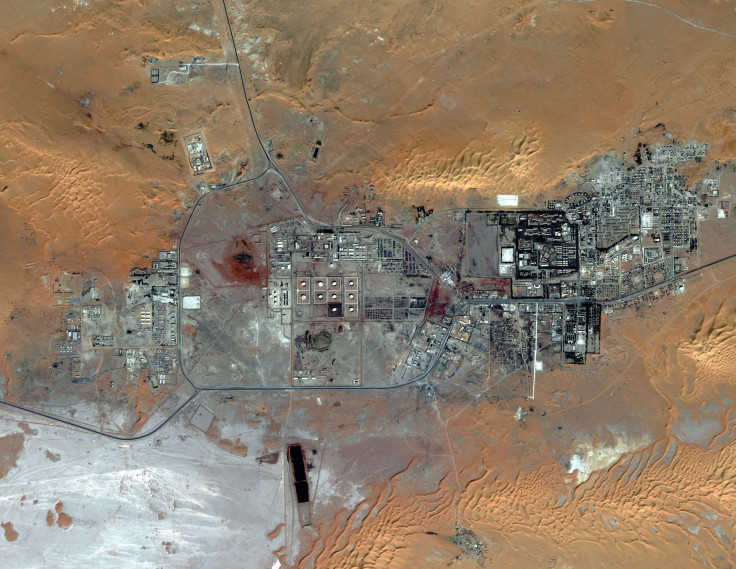Hundreds Of Hostages Reportedly Freed From Algerian Gas Plant, But Details Sketchy

Hundreds of hostages have been freed from the Algerian gas facility near In Amenas that was seized by Islamist militants and subsequently raided by government forces, according to the state-controlled APS news agency.
APS stated that 573 Algerians and “about 100” of the 132 foreign workers at the plant were released, presumably by government security forces in a rescue mission who had launched "a ground operation to liberate the hostages and neutralize the terrorist group.”
APS also said that special forces are seeking to bring about a "peaceful conclusion" to the hostage crisis, as a number of militants remain holed up in the gas complex near the Libyan border.
However, as Germany’s Deutsche Welle agency noted, the APS report was short and lacking in detail, adding to the frustrations of foreign nations such as Britain, Norway and Japan that have had many of their nationals in harm’s way since the episode erupted on Wednesday.
U.S. Secretary of State Hilary Clinton, who spoke with Algerian Prime Minister Abdelmalek Sellal on Friday, urged Algiers to take "utmost care" in saving the lives of the remaining hostages.
"This is an extremely difficult and dangerous situation," she said at news conference.
Japanese officials have already sternly criticized the Algerian government for not proving detailed information about the siege at the plant and for launching a military raid without first conferring with foreign officials.
Other world leaders, such as Norway’s Prime Minister Jens Stoltenberg, complained that the news reports coming out of Algeria have been confusing and even contradictory.
Aside from the diplomatic thorns this scenario has created, it may also have negative economic impacts on Algeria.
“Beyond the human cost, people here are already talking about serious implications for the country's economy," Mohamed Arezki Himeur, an Algiers correspondent for the BBC, wrote. "The Islamist fighters hit an extremely sensitive target -- hydrocarbons. Petrol and gas are Algeria's economic mainstays, accounting for 98 percent of export receipts. The attack on In Amenas could have a serious impact on Algeria's oil sector, by making firms reconsider their presence in the Algerian desert. This is the first time there has been such a big attack on a gas facility since Algeria's civil war in the 1990s.”
© Copyright IBTimes 2024. All rights reserved.











